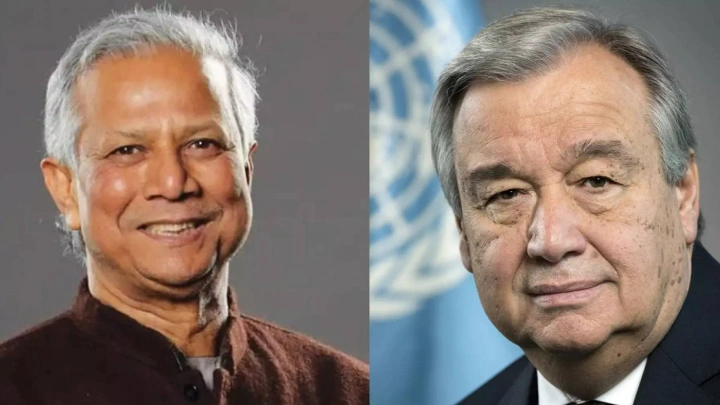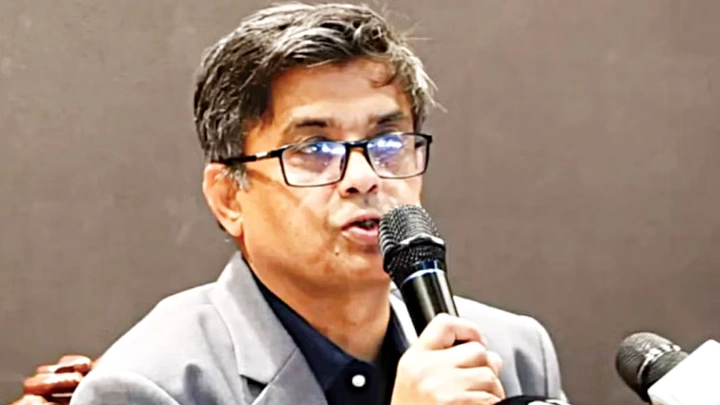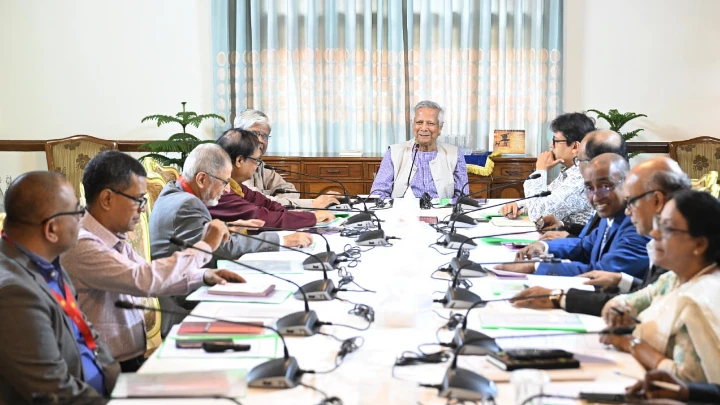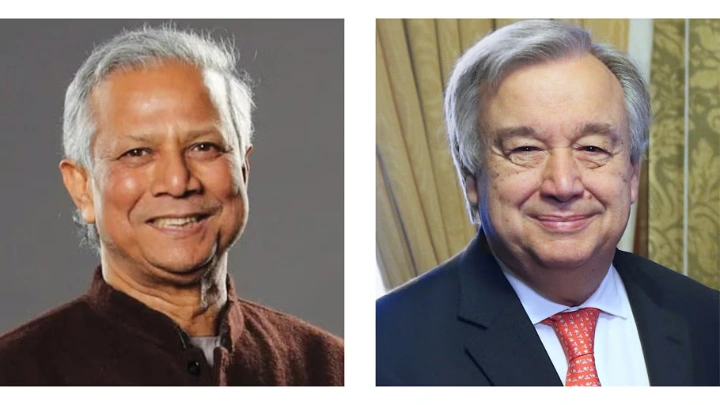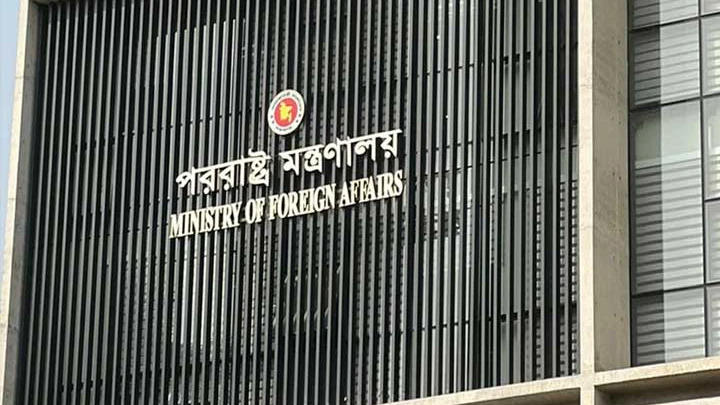Why will govt renew passports of Rohingyas living in KSA?
Agencies || Shining BD
The government recently announced its decision to renew the passports of approximately 69,000 Rohingyas residing in Saudi Arabia.
This decision has sparked a debate regarding its rationale, potential consequences, and its impact on the ongoing Rohingya crisis.
The Rohingya crisis, stemming from decades of persecution and violence in Myanmar, has forced hundreds of thousands to seek refuge in neighboring countries and beyond.
Saudi Arabia, home to a significant number of Rohingya expatriates, has been urging Bangladesh to renew the passports of its Rohingya citizens residing within its borders since 2010.
Home Minister Asaduzzaman Khan Kamal on Sunday said: “Many years ago – back in 1973-74, some Rohingyas went to Saudi Arabia. The exact number is unknown to us. They (Saudi authorities) had informed us that the number is 69,000. It could be more or could be less.”
Saudi Arabia will not deport Rohingya expatriates to Bangladesh, but their passports will have to be renewed, he said.
The minister was speaking after a meeting with visiting Saudi Deputy Interior Minister Nasser bin Abdul Aziz Al-Dawood at a Dhaka hotel on Sunday.
Saudi Arabia sends back migrants without valid documents to their home countries, but Myanmar, the homeland of the Muslim Rohingya ethnic minority group, does not recognise them as citizens.
Since 2010, Saudi Arabia has been pushing for the renewal of the passports of Rohingyas.
More than one million Rohingya refugees currently live in Bangladeshi refugee camps after a 2017 exodus in Myanmar’s Rakhine State.
Nasser had visited Bangladesh earlier in November 2022 with the request to renew the passports of the Rohingya living in the oil-rich Middle-Eastern country for decades with Bangladeshi passports after fleeing persecution in their home country. A high-level joint working group was formed later to settle the issue.
The home minister said Nasser’s latest visit was aimed at knowing why Bangladesh was going slow on the matter or if the country was having any problems with the issue.
Historical context
Between 1976 and 1979, many Rohingyas fled Myanmar due to severe persecution and torture.
During this tumultuous period, Saudi Arabia pledged to provide sanctuary to 500,000 Rohingyas with the mediation of the Organization of Islamic Cooperation (OIC).
While Bangladesh extended Bangladeshi passports to 250,000 Rohingyas, Pakistan opted to issue travel documents for 250,000 Rohingyas.
Notably, these travel documents from Pakistan prominently feature the letter "R" next to the name, explicitly referencing the Rohingya identity.
Subsequently, Saudi Arabia began to recognize Rohingyas who departed from Bangladesh as Bangladeshi citizens, inadvertently exacerbating the crisis. This recognition sparked contentious debates surrounding citizenship and legal status.
What experts say
Migration and refugee expert Prof CR Abrar told Deutsche Welle: "Saudi Arabia has deliberately put Bangladesh in a difficult situation.”
Stating that Rohingyas are victims of genocide, he said that Saudi Arabia, with its resources and influence, has the capacity to provide refuge to Rohingyas based on humanitarian grounds and in consideration of the broader Muslim Ummah.
“Why is the passport so important? If they ask us to take them back after passport issue, then Bangladesh cannot take them back because they will have the passport of Bangladesh. Now a large number of our workers are there, so we can't talk about them. They could have freed us from this ostentatious trouble if they wanted," CR Abrar commented.
Former foreign secretary Tauhid Hossain said: "It's a crisis for Bangladesh on multiple fronts. Bangladesh's substantial labor market in Saudi Arabia exacerbates the situation. Many dishonest officials facilitated Rohingyas' entry into Saudi Arabia using Bangladeshi passports, making the situation more complex.”
While passports can be issued independently of citizenship, Bangladesh lacked the foresight to establish such protocols. In contrast, Pakistan successfully implemented similar measures, he added.
Former military attaché and former ambassador to Myanmar Major General (Retd) Shahidul Haque said: "During my tenure as the ambassador to Libya, I observed that many Rohingyas were residing there with Bangladeshi passports. They were involved in various crimes in Saudi Arabia. Now, if they acquire passports, they could potentially be sent back.”
He also pointed out that Rohingyas who traveled with Bangladeshi passports send billions of dollars in remittances to Myanmar. “We get no benefit from this. Nonetheless, even if passports are issued to them, it does not seem to have any effect on repatriation."
However, migration expert Asif Munier believes there is no cause for concern.
He said: "Since Rohingya is mentioned everywhere, there is no reason for Bangladesh to be alarmed. Bangladesh has no alternative but to maintain good relations with Saudi Arabia. They have been discussing the renewal of Rohingyas' passports for a long time now. They have now taken the matter seriously."
Shining BD



